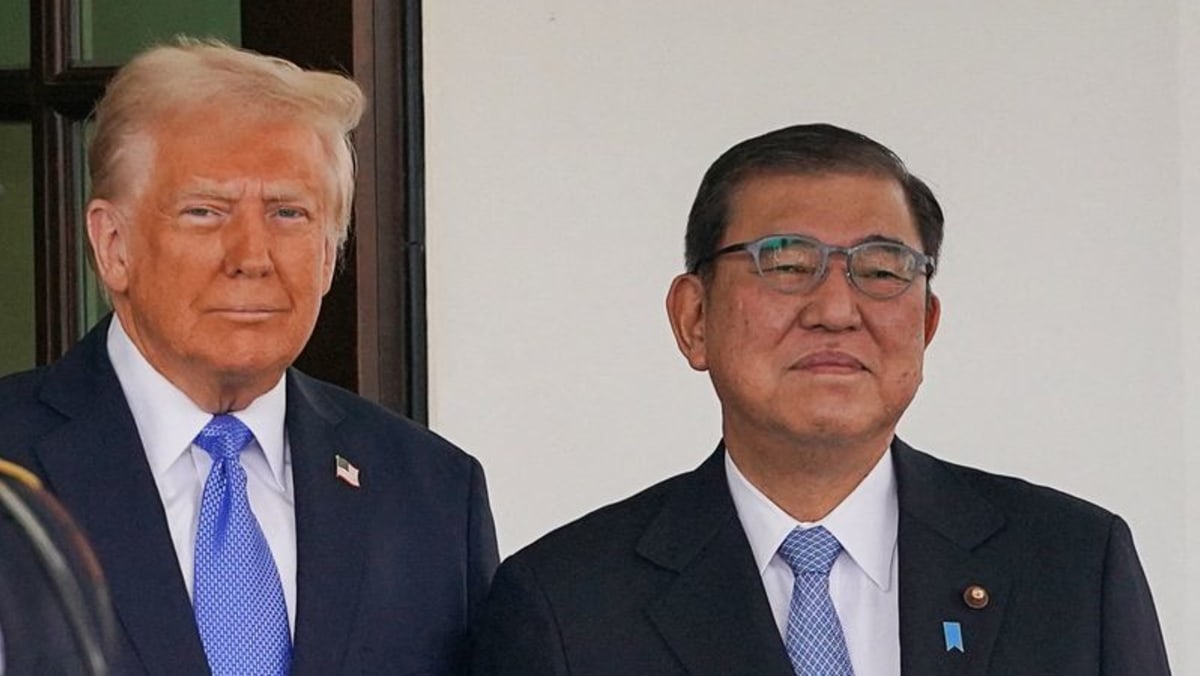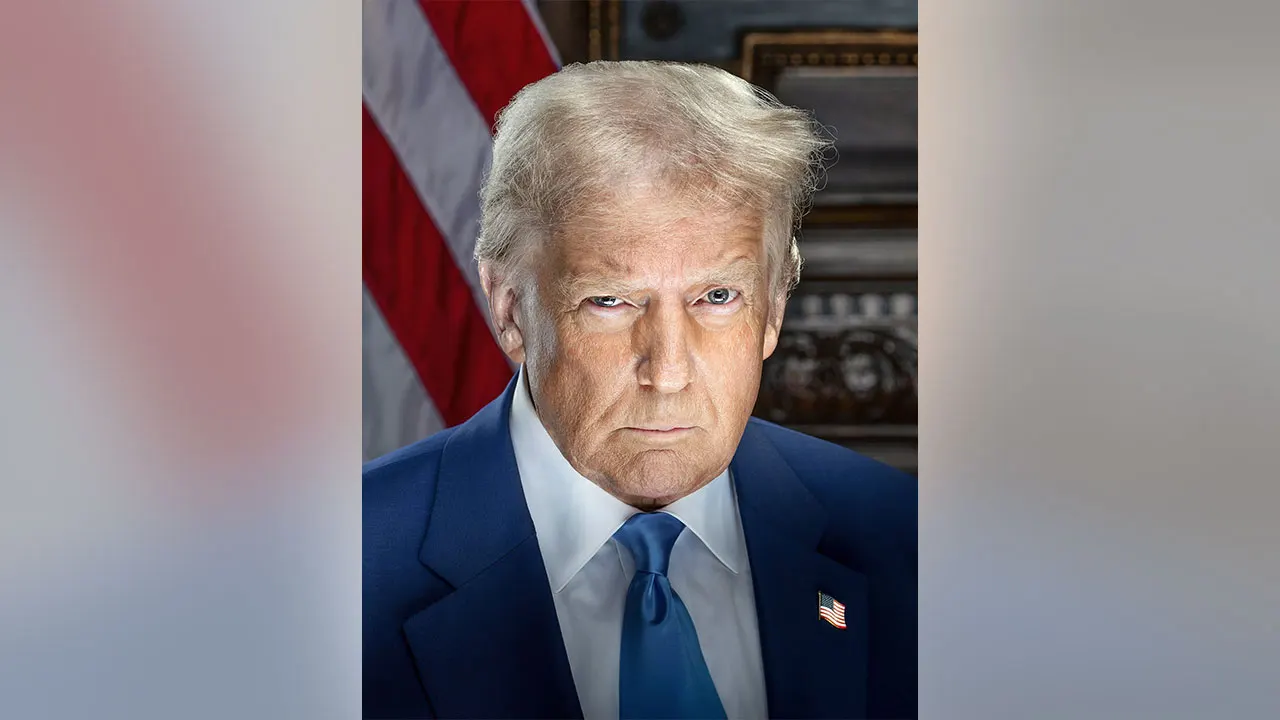Asia
US-Japan South China Sea statement ‘attacks and smears China’: Beijing

Understanding the South China Sea Conflict: A Detailed Overview
Introduction
The South China Sea has emerged as a focal point of geopolitical tension, primarily due to conflicting territorial claims. China asserts sovereignty over nearly the entire region, despite a 2016 international ruling that deemed its claims without legal basis. This dispute has drawn in global powers, with the United States and Japan recently condemning China’s actions, while China defends its position vigorously.
The US-Japan Joint Statement
In a significant diplomatic move, the United States and Japan issued a joint statement criticizing China’s activities in the South China Sea. They condemned what they described as unlawful maritime claims, militarization, and provocative actions. This stance was reaffirmed during a meeting between US President Donald Trump and Japanese Prime Minister Shigeru Ishiba, highlighting their commitment to regional stability and international law.
China’s Response
China’s reaction was swift and emphatic. Through its foreign ministry spokesperson, Guo Jiakun, China accused the US and Japan of interfering in its internal affairs and exaggerating regional tensions. China emphasized that it had lodged formal complaints with both nations, underscoring its belief in the legality and legitimacy of its South China Sea claims.
The US-Japan Alliance
The meeting between Trump and Ishiba marked a reaffirmation of the long-standing US-Japan alliance. Japan hosts a significant US military presence, with approximately 54,000 personnel stationed there, symbolizing their strong security ties. This alliance is crucial in addressing regional challenges, with both leaders praising each other and committing to continued cooperation in security and trade.
Regional Implications and Competing Claims
The South China Sea’s strategic importance extends beyond the US-China-Japan dynamic, involving multiple Southeast Asian nations. Countries such as Malaysia, Vietnam, Indonesia, Brunei, the Philippines, and Taiwan also have overlapping claims, complicating the dispute. China’s recent assertiveness in the region has heightened these tensions, raising concerns about potential conflicts.
Conclusion
The South China Sea conflict reflects broader geopolitical dynamics, involving issues of sovereignty, security, and economic interests. While the US and Japan advocate for a rules-based order, China defends its claims as lawful. This situation necessitates diplomacy and dialogue to prevent escalation, ensuring that competing interests are balanced to maintain regional peace and stability.
-

 Money3 days ago
Money3 days agoConsumer Financial Protection Bureau Adds Error Message To Home Page
-

 Australia20 hours ago
Australia20 hours agoTropical Cyclone Zelia intensifies to category 2 storm
-

 Asia21 hours ago
Asia21 hours agoWhat you need to know about 2024 YR4, the asteroid that could hit Earth in about eight years’ time
-

 Entertainment12 hours ago
Entertainment12 hours agoPrince Harry and Meghan Markle’s Best Moments and Photos From the 2025 Invictus Games
-

 Money2 days ago
Money2 days agoWinning Content Strategies For Wealth Managers
-

 Politics21 hours ago
Politics21 hours agoDozens of religious groups sue to stop Trump admin from arresting migrants in places of worship
-

 Entertainment3 days ago
Entertainment3 days agoEvery Celebrity Who Attended the 2025 Super Bowl: A Guide to the A-Listers at the Big Game
-

 United States2 days ago
United States2 days agoJudge extends restraining order to ban Trump admin buyout offer to federal workers









